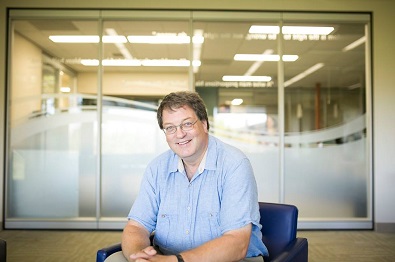A University of Saskatchewan professor says it is time to update the province’s heritage legislation to better accommodate the needs of Indigenous communities.
Things came to a head last week over a road construction project near Biggar that was set to proceed right through an area where ancient First Nations artifacts have recently been uncovered.
As it turns out, nothing under existing provincial legislation requires local Indigenous communities to be notified or consulted when such artifact findings are made.
Ken Coates, who teaches in the Johnson-Shoyama Graduate School of Public Policy, says this is no longer workable in the current context.
“It really has to be updated,” he says. “The world has changed and the world’s changed in terms of Indigenous involvement, Indigenous approval of different projects, the necessity of respecting Indigenous culture. These are potentially absolutely invaluable.”
Coates adds First Nations won’t necessarily always want to interfere in such projects but they want to be part of the decision-making process.
“Indigenous folks have been very collaborative, very supportive, they don’t sit there and stop every single project at all times just because a single artifact has been discovered. They’re very reasonable about them but they’re also very cautious because if you discover a site, you want to make sure it is not just a superficial look and you very quickly take a bulldozer out and destroy something that could be 5,000 years old.”
The road project has been delayed until at least the end of June after area First Nations rallied to stop it.
Some of the Indigenous artifacts discovered at the site have been dated as old as 10,000 years.
(PHOTO: University of Saskatchewan professor Ken Coates. File photo.)
